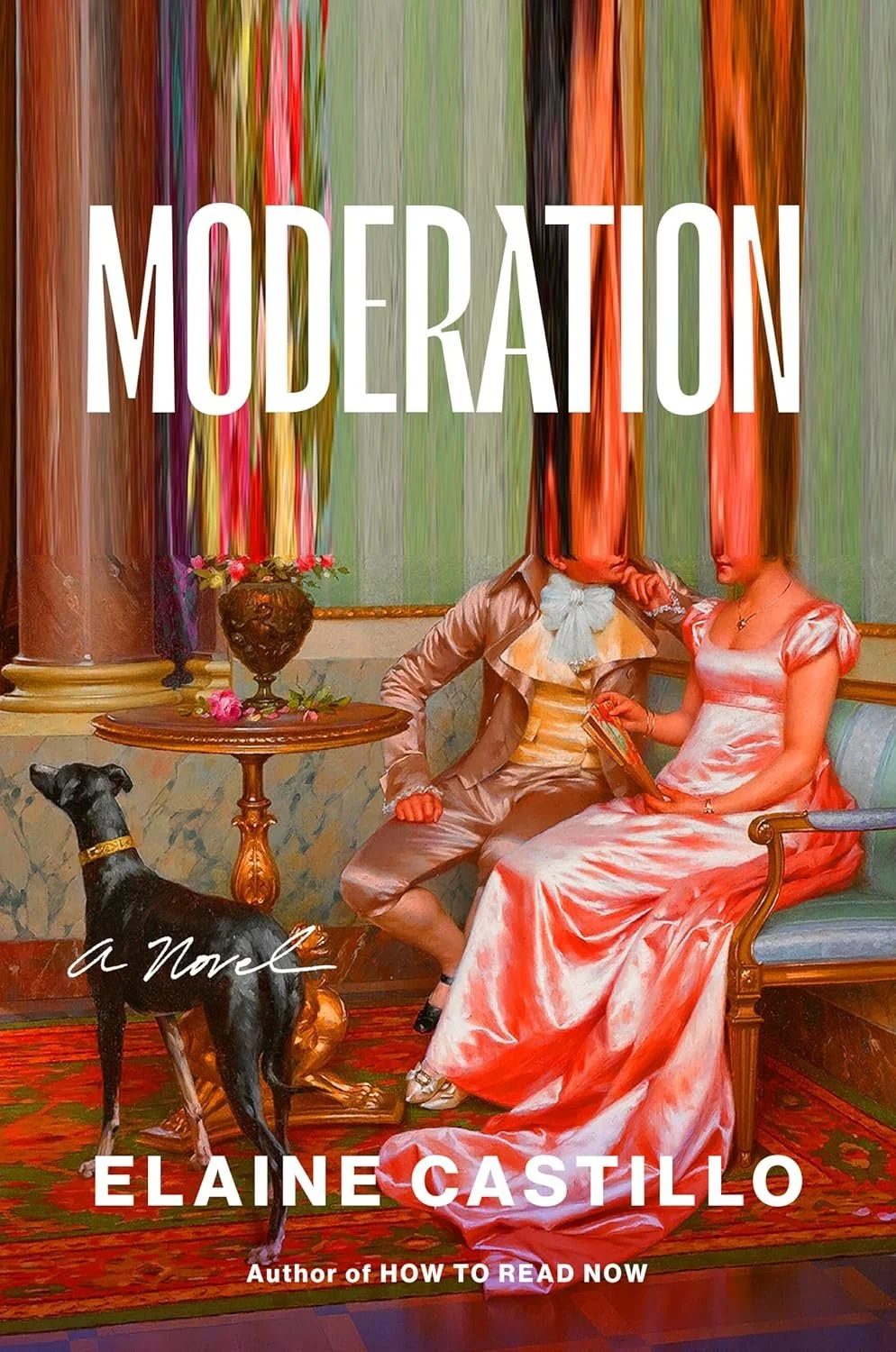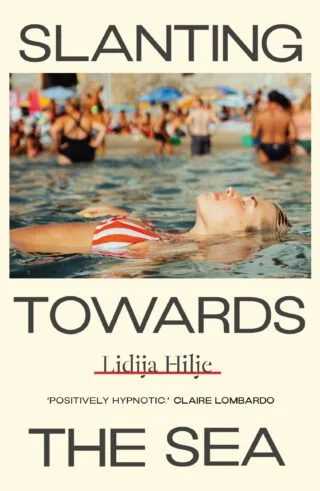The Time of Cherries, Montserrat Roig (translated by Julia Sanches)
“An unflinching account of women’s lives in an authoritarian regime.”
Montserrat Roig’s award-winning The Time of Cherries was first published in 1977, but has only now been issued in English, expertly translated by Julia Sanches. The book explores the final months of General Franco’s dictatorship from the perspective of a middle-class Catalan family. In spring 1974, Natàlia Miralpeix returns to Barcelona after twelve years abroad to find her country on the brink of change. But while the young anticipate a freer future, the older generations remain scarred by memories of the Civil War and their sense of ‘internal exile’ under Franco.
Roig offers an unflinching account of women’s lives in an authoritarian regime. Natàlia’s mother Judit had never recovered from her best friend’s suicide during the Civil War and slowly disengaged from reality, and her aunt Patrícia has become an alcoholic. Her sister-in-law Sílvia is trapped in a claustrophobic marriage to Natàlia’s philandering brother Lluís, while Natàlia herself still struggles with traumatic memories of her brief involvement in socialist politics and the illegal abortion that followed. The novel’s male characters fare little better. Lluís’s unhappy childhood has left him emotionally stunted, while his father Joan is haunted by the abandonment of his youthful ideals and his dubious later role in the construction industry – all he wishes is ‘to sleep and forget the money he had made’.
And yet, The Time of Cherries is never entirely bleak. It contains many moving testimonies to the inspirational and solacing power of literature, whether the writings of the characters’ Catalan compatriots, the poetry of Baudelaire and Verlaine, or the idealistic chanson that gives the novel its title. And Roig also reminds us that even in dark times one can experience joy: in the ‘sweet exhaustion’ of a lover’s embrace, a Christmas feast, or ‘the honeyed days’ that usher in spring.
The Time of Cherries requires considerable concentration due to its sudden jumps in time, switches of perspective, and lack of speech marks. However, the author’s passionate, beautifully written depiction of a troubled episode in Spanish history makes it well worth the effort.
Editorial Picks




